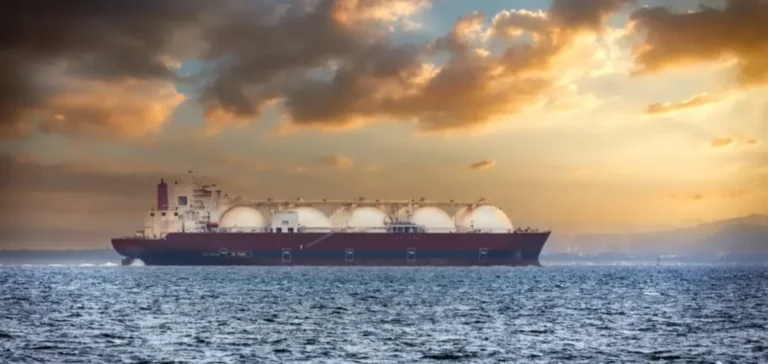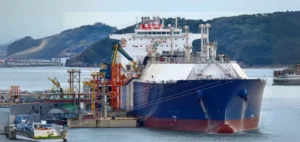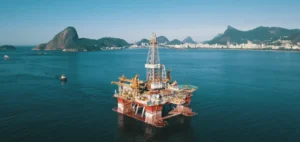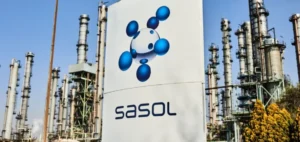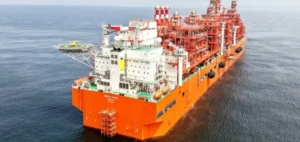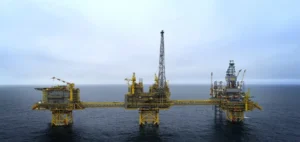The scenario of an accelerated start to the European ban on Russian gas changes the short-term balance. The European Commission (EC, Commission européenne) targets the end of pipeline and liquefied natural gas (LNG, gaz naturel liquéfié) imports from Russia, with a legal timetable already proposed. Full implementation in 2026, rather than 2028, would precede the ramp-up of new global LNG volumes. Market indicators, including the Title Transfer Facility (TTF), would then reflect stronger tension.
Aggregate price effect and timing profile
Under this 2026 hypothesis, the average deviation from the Reference over 2026–2035 reaches about $0.54/MMBTU for TTF and $0.43/MMBTU for the Asian spot. The impact concentrates in 2026–2027, with a spread just under $1/MMBTU across both hubs. The increase eases thereafter as additional global supply arrives. The price structure remains higher than in a 2028 full-start case, where the average TTF gap is around $0.27/MMBTU.
The differential rests on two fundamentals. First, the “LNG wave” does not yet cushion the shock in 2026, as the market remains tight in flexible cargoes and charter windows. Second, regional non-Russian supply is not fully available: Black Sea production in Türkiye and Romania has not reached its plateaus. The combination limits arbitrage and reinforces dependence on existing infrastructure.
Geographic dispersion in Europe
The pass-through varies with LNG access and interconnection connectivity. Central and Eastern European countries reliant on pipeline flows see spot levels exceed $20/MMBTU in 2026 in Austria, Hungary and Slovakia. Germany, the Czech Republic, Italy, Slovenia and Switzerland print above $18/MMBTU, driven by regional pull and constrained import capacity. Sensitivity to cross-border delivery risks rises mechanically.
Conversely, markets with multiple LNG entry points and available regasification capacity hover near $11/MMBTU: the Netherlands, the United Kingdom, Belgium, France and Portugal. In the Mediterranean and the Balkans, prices in Greece, Türkiye, Serbia, Bosnia and Herzegovina, North Macedonia, Bulgaria and Croatia align with this range, reflecting the damping effect of terminals and maritime routes. Intra-European segmentation deepens as long as logistical flexibility remains unevenly distributed.
Infrastructure, capacities and stress points
Italy illustrates a specific constraint: near-saturated terminals limit marginal LNG call despite strong price signals. Flows from Northwest Europe toward the continent’s center meet bottlenecks, maintaining significant spreads. Arbitrage via swaps and virtual reverse flow (backhaul) partly softens the tension, without substituting for missing nearby molecules. Price resilience then depends on the operational continuity of interconnections.
Hungary remains the most exposed to disruption at its cross-border import points. Without Russian flows and before Romania’s Neptun Deep gas arrives, the supply balance relies on re-routing via Austria and Slovakia. Any reduction on these axes would amplify the deficit and price level. The position improves in a 2028 frame thanks to new regional sources and the relative abundance of global LNG.


